
GEOBIRD
Development of an innovative geolocation tag for seabirds
Duration: 50 months (2017 - 2021)
Context
The acquisition of environmental data upstream of projects is a key step in the deployment of wind energy sector. Indeed, it makes it possible to characterise the ecological stakes in areas that are technically suitable for the installation of offshore wind farms and to integrate them into the maritime spatial planning process. This information also feeds into impact studies, in which the impacts of projects are assessed in relation to a reference state and the objectives for preserving the ecosystems concerned set by public policies.
In this context, seabirds appear to be good indicators of the environmental status of the marine environment, due to their sensitivity to environmental changes and their position as top predators. It is therefore essential to carry out long-term monitoring of these species and their activities as a sign of the preservation of marine ecosystems.
However, the implementation of monitoring of species that evolve freely in their natural environment is facing major operational difficulties, as the observation technologies available today do not meet all the needs. This is particularly the case for monitoring medium-sized pelagic bird species (weighing less than 0.5 kg), such as shearwaters, which require a very high level of instrumentation carried by the animal.
Objective
To develop a miniature geolocation tag for medium-sized seabirds.
Main achievements
- Manufacturing of several prototypes of miniature geolocation tags for the monitoring of medium-sized avifauna (shearwaters, small laridae, diving species, etc.)
- Deployment of a prototype in real conditions on two test species (Scopoli’s shearwater and mallard) and data collection
- Feedback on the deployment process and the recorded data recovering
- Recommendations for improving the prototypes
Conclusion
The GEOBIRD project resulted in the production of several prototypes of a geolocation tag that would eventually make it possible to monitor the movements and behaviour, including diving, of species about which there is a lack of knowledge. One of the prototypes produced was deployed on two test species and data was collected. These crucial tests in real conditions have enabled the IPHC to further improve the GEOBIRD prototype, which will be tested during future deployments in view of its commercialisation.
Resources
Partners and funding
This project is led by France Energies Marines.
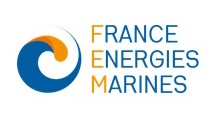
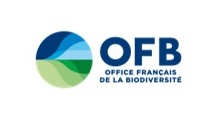
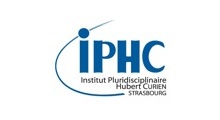




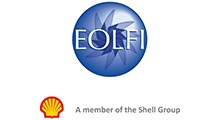
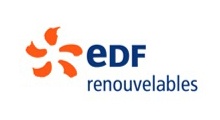
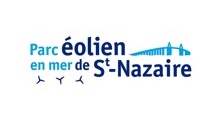

The total project budget is €858K.
This project receives/received funding from France Energies Marines and its members and partners, as well as French State funding managed by the National Research Agency under the Investments for the Future Programme (ANR-10-IEED-0006-15).

Photo credit: Etienne Boncourt – CEFE / CNRS